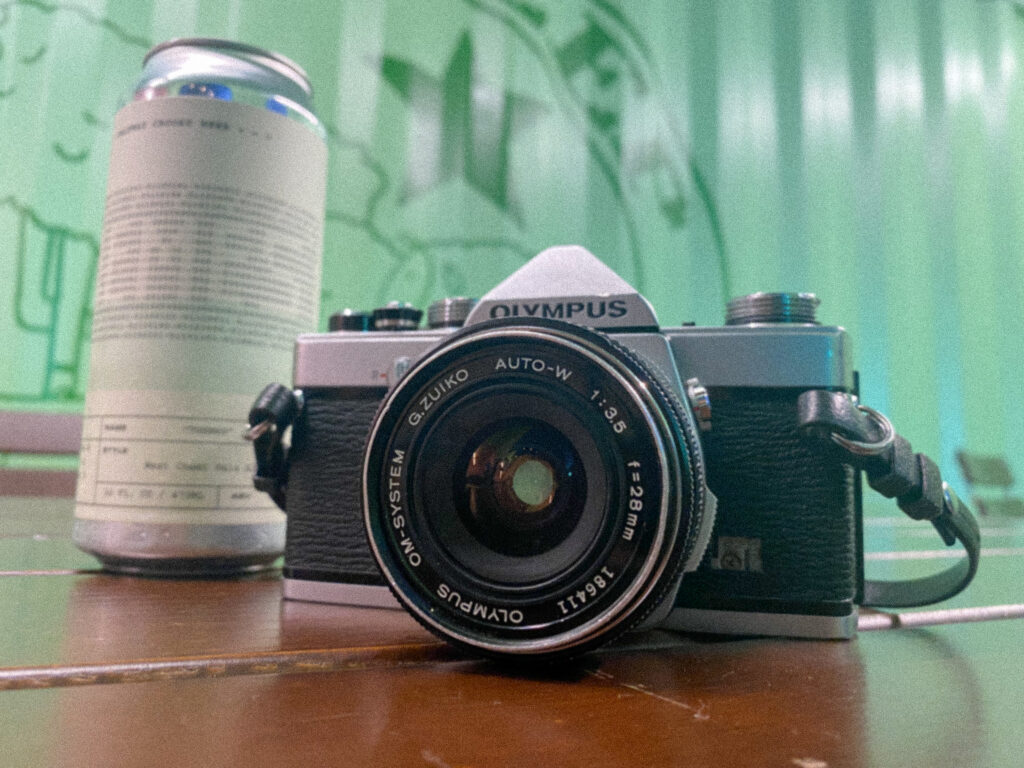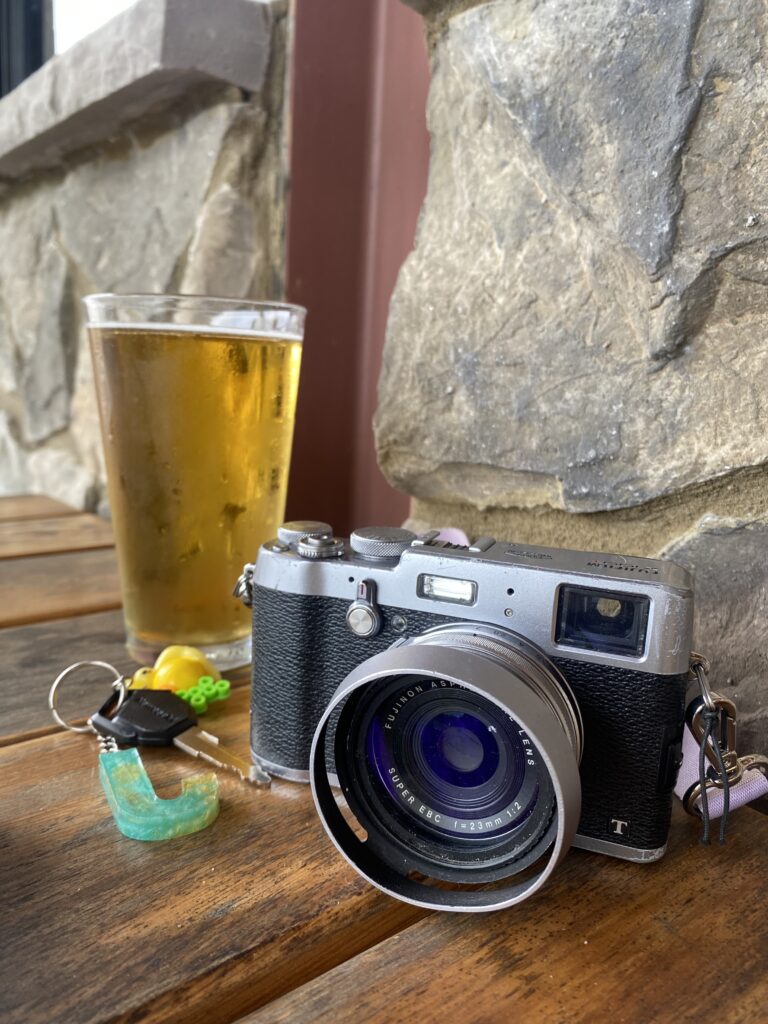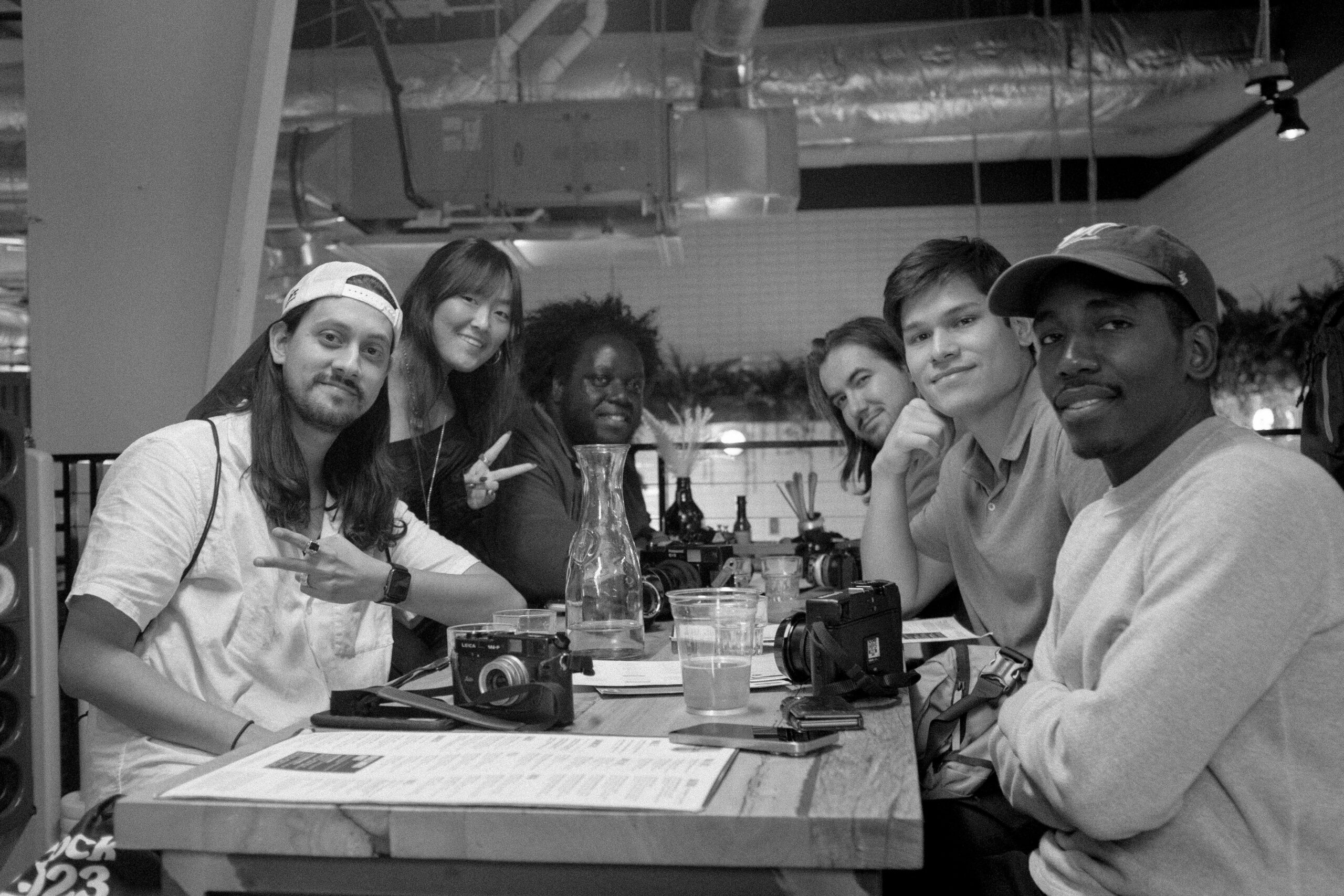Photography, in its many forms, allows us to capture the beauty of the world around us. Two primary methods of photography are 35mm, a type of film, and digital. Each has its unique benefits, challenges, and processes that can appeal to different types of photographers. Let’s explore the pros and cons of each, delve into the learning process, and provide some starter camera suggestions and tips. Plus, stay tuned for an inspirational project idea at the end!
35mm Film Photography
Pros:
- Authentic Look: 35mm film produces a unique, nostalgic aesthetic that digital often mimics but can’t fully replicate.
- Dynamic Range: Film handles highlights and shadows well, providing a rich depth of tones.
- Archival Quality: Properly stored film negatives can last for decades without degradation.
- Tactile Process: The hands-on experience of developing film can be incredibly rewarding and meditative.
Cons:
- Cost: Film, development, and printing costs can add up quickly.
- Limited Shots: Each roll of film has a set number of exposures, so you must be more selective with your shots.
- Time-Consuming: The development process can be lengthy compared to instant digital results.
- Learning Curve: Mastering film photography techniques can take time and patience.
Digital Photography
Pros:
- Instant Results: View and edit your shots immediately after taking them.
- Cost-Effective: After the initial investment in a camera, you can take unlimited photos without additional costs.
- Versatility: Digital cameras offer a wide range of settings and features for creative control.
- Convenience: Easily share and store digital photos online or on devices.
Cons:
- Initial Investment: High-quality digital cameras and accessories can be expensive upfront.
- Post-Processing: Digital photos often require editing to achieve the desired look.
- Battery Dependence: Digital cameras rely on batteries, which can run out at inconvenient times.
- Data Management: Keeping track of large volumes of digital files can be overwhelming.
Learning Process
For both film and digital photography, the learning process involves understanding basic principles like exposure, composition, and lighting. Film photography requires additional skills in handling and developing film, while digital photography emphasizes proficiency with software for post-processing.
Starter Camera Suggestions
For 35mm Film Photography:
- Canon AE-1: A classic, reliable choice for beginners with manual controls to learn the fundamentals.
- Nikon FM10: Affordable and easy to use, perfect for those new to film.

For Digital Photography:
- Canon EOS Rebel T7: An excellent entry-level DSLR with user-friendly features and good image quality.
- Sony Alpha a6000: A compact mirrorless option with a strong set of features for budding photographers.
- Fujifilm X100 Series: Known for its stunning image quality, compact design, and retro styling, this series is great for street and travel photography.

Tips for Beginners
- Practice Regularly: Consistency is key in developing your skills.
- Experiment: Don’t be afraid to try new techniques and styles to find your unique voice.
- Learn from Mistakes: Every shot is a learning opportunity, even the ones that don’t turn out as expected.
- Join a Community: Connect with other photographers, online or locally, to share insights and get feedback.
Inspirational Project Idea
“The Timeless Journey”: Create a photo series that captures the essence of change over time. Choose a subject that interests you—an old building, a family member, a natural landscape—and document it over several weeks or months. For film photographers, embrace the anticipation of seeing how your subject evolves frame by frame. For digital photographers, experiment with different editing techniques to highlight the passage of time. This project not only helps you practice consistency but also teaches you to observe and appreciate subtle changes in your environment.
Ready to embark on your photographic adventure? Remember, whether you choose 35mm film or digital, the most important thing is to enjoy the journey and the stories you capture along the way. Happy shooting!
